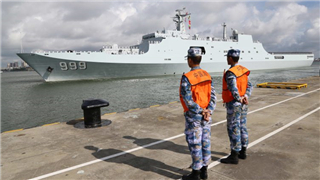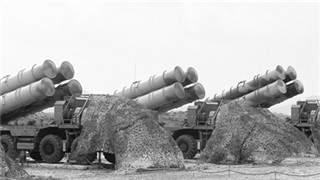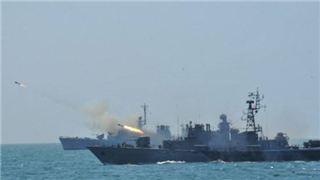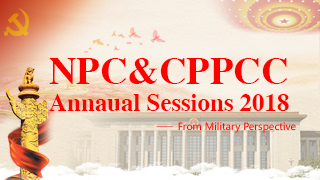By Zhang Wei
The North Atlantic Treaty Organization (NATO) summit is set to begin on Wednesday in Brussels, capital of Belgium. The news that the Japanese government will establish a representative office to NATO in Brussels attracted much attention before the summit.
In recent years, Japan has actively strengthened cooperation with NATO through various means.
Analysts believe that Japan is attempting to use the military organization to strengthen coordination and cooperation with the US and major countries in Europe. At the same time, Japan is also taking advantage of such cooperation to promote its own policies.
Information provided by the NATO officials indicates that Japan and NATO have been holding high-level talks since the 1990s.
Japan has significantly increased the frequency of its contacts with NATO after Shinzo Abe took office. It has strengthened exchanges of high-level visits with NATO, and also maintained communication on security issues including the nuclear issue on the Korean Peninsula, missile defense, and anti-piracy. The two sides have also carried out some specific cooperation such as Japan’s support for NATO’s operations in Afghanistan.
Despite the geographical distance, the Abe government has tried very hard to become closer to NATO. Japan has its own intentions as it is trying to strengthen its security by expanding cooperation with NATO, and expand its influence with the help of this military platform.
The US and major European countries are all member states of NATO. Japan’s cooperation with this military organization will help it gain more information related to a number of security issues and open more channels for communication and coordination with the US and Europe. It will also bring more excuses for the Japanese Self-Defense Forces (JSDF) to “go global.”
What is more noteworthy is that Japan also treats NATO as an important platform for promoting its own policies to Western countries, in an attempt to influence international public opinion.
According to media reports, Abe originally planned to mention security challenges in Asia during his speech at the NATO summit, but was forced to cancel the visit because of the heavy rains in Japan.
From the perspective of NATO, developing relations with Japan also meets their own interests.
NATO Secretary General Jens Stoltenberg welcomed the Japanese representative office to NATO and said that the move “showed a solid cooperative relationship between NATO and Japan.”
Although Japan intends to win over NATO, and it indeed received a positive response in doing so, there are still obstacles to the in-depth development of the relationship between the two sides.
First, NATO has refocused its strategy on European security and its interest in global expansion and extra territorial actions has gradually weakened after the Ukrainian crisis in 2014. Second, NATO remains dominated by the US.
Analysts believe that President Donald Trump has repeatedly criticized NATO since he took office last year, which has overshadowed the future of the military organization and made Japan’s dream to ride on NATO’s coattails difficult to realize.
Disclaimer: The article is published on Xinhuanet.com. It is translated from Chinese into English and edited by the China Military online. The information, ideas or opinions appearing in this article are those of the author and do not reflect the views of eng.chinamil.com.cn. Chinamil.com.cn does not assume any responsibility or liability for the same. If the article carries photographs or images, we do not vouch for their authenticity.










